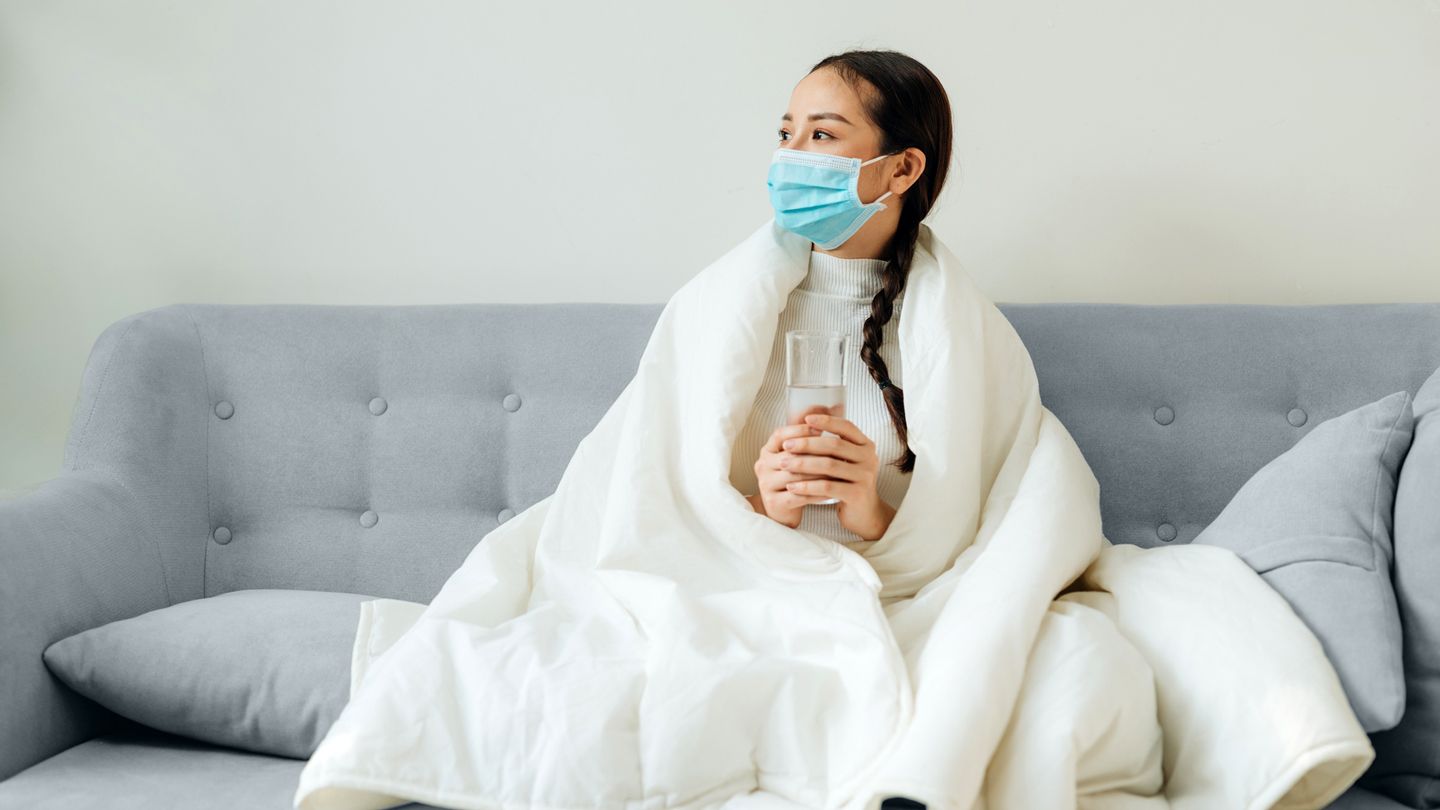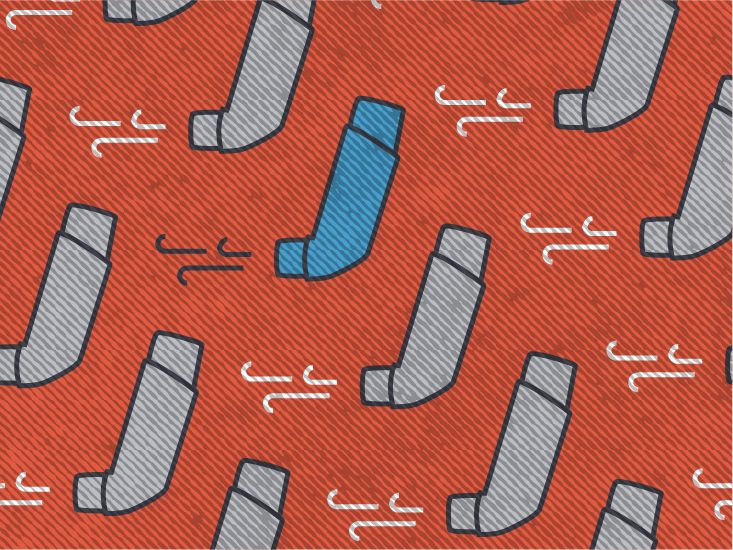Do Hot Showers Help With the Flu?
When you're feeling miserable with the flu, a nice hot shower can seem incredibly soothing. But beyond just making you feel better temporarily, could showering in hot water actually help relieve your flu symptoms and support healing?
Some preliminary research suggests that hot showers may offer certain antiviral and therapeutic effects. However, the evidence is limited at this time. Let's take a closer look at what the science says so far about using hot showers as a natural flu remedy.
What Happens During a Hot Shower?
When you shower or bathe in hot water, several physiological responses occur:
- Blood vessels dilate, increasing circulation.
- Muscles relax.
- Nasal passages and airways open up.
- Body temperature rises.
These effects may provide temporary relief when you have the flu. The improved circulation can reduce muscle aches. Opening nasal passages can make breathing easier. And the rise in body temperature may have antiviral effects as discussed next.
Heat as an Antiviral Treatment
Some research indicates that exposing the body to heat may help inhibit or deactivate viruses. Here's an overview of what the science says so far:
- In lab studies, heat treatment reduced flu virus infectivity and replication ability.
- One study found sitting in a hot sauna improved symptoms in people with the common cold.
- Fever is believed to be a natural immune response that may suppress viral replication.
- However, results are mixed on whether artificially raising body temperature (hyperthermia) improves chronic infections like HIV and hepatitis C.
More studies are still needed on using heat therapy to treat acute viral infections like the flu. But early findings are somewhat promising. It seems plausible a hot shower could temporarily raise body temperature enough to have mild antiviral effects.
Other Potential Benefits for Flu Symptoms
In addition to possible antiviral properties, hot showers may offer other benefits that make you feel better when you have the flu:
- steam may help clear congestion and relax airways
- improved circulation can ease aches and pains
- relaxation of muscles can reduce body strain from coughing
- psychological relief from feeling clean and warm
However, its important to note that any symptom relief is likely temporary. And hot showers come with some risks if not done carefully as discussed next.
Precautions for Hot Showers with the Flu
While a hot shower may sound great when youre sick, take these precautions:
- Avoid scalding hot temperatures above 120F to prevent burns or overheating.
- Keep showers under 15 minutes to prevent dehydration and fatigue.
- Sit or place a plastic chair in the shower if feeling dizzy or weak.
- Have someone nearby to assist if you experience any discomfort.
- Stay well hydrated and rest after the shower.
In some cases, a warm shower may be safer than a hot shower if you are already fatigued or have low blood pressure.
Who May Benefit From Hot Showers
Hot showers may be most beneficial for people with flu symptoms like:
- Body aches
- Chills
- Congestion
- Coughing
- Sore throat
A hot shower may be risky or less beneficial for certain groups including:
- Young children or elderly
- Those with heart conditions or diabetes
- Individuals already experiencing dehydration or fatigue
- People with fever above 101F
For vulnerable groups, a warm shower may be a safer option if wanting to try heat therapy.
Alternative Uses of Heat Therapy for Flu
If you are concerned about dizziness or fatigue in the shower, there are other forms of heat therapy you can try:
- Sitting in a hot bath - Take care not to overheat and stay well hydrated.
- Wrapping up in a heated blanket - Set to a low or medium temperature setting.
- Placing a warm compress across forehead or sinuses - Use a clean towel soaked in hot water and wrung out.
- Drinking hot soup, tea, or lemon water - Carefully sip to avoid burns.
As with showers, limit heat therapies to reasonable durations of under 30 minutes. Stay alert for any discomfort when sick with the flu.
The Bottom Line
At this time, there is limited scientific evidence that hot showers can help treat the flu by reducing viral load. However, they may temporarily relieve certain symptoms like body aches, congestion, and chills by increasing circulation and possibly body temperature.
Take care to not overheat when showering and stay hydrated. Those who are already fatigued or dizzy may benefit more from a warm shower or other forms of gentle heat therapy. Talk to your doctor about any concerns when using heat to self-treat flu symptoms.
FAQs
Do hot showers help relieve flu symptoms?
Hot showers may provide temporary relief for body aches, congestion, chills and coughs by increasing circulation and possibly raising body temperature. But evidence is limited on their benefits.
What precautions should you take with hot showers when sick?
Avoid scalding water. Limit showers to 15 minutes. Be careful of dizziness or fatigue. Hydrate well and rest after. Consider a warm shower instead if high risk.
Who may benefit most from hot showers for the flu?
Adults with body aches, congestion, chills or coughs may appreciate temporary relief from a hot shower. Those already fatigued or dizzy may be better off using gentle heat therapy.
What are other heat therapies for the flu?
Alternatives include hot baths, heated blankets on low, warm compresses, drinking hot liquids, and gentle saunas. Take care not to overheat with any method.
Are hot showers recommended for treating the flu?
There is not enough evidence to strongly recommend hot showers for flu yet. While some find temporary relief, they are not a cure. Take precautions and consult your doctor if symptoms worsen.
Disclaimer: This article is for informational purposes only and does not constitute medical advice. Always consult with a healthcare professional before starting any new treatment regimen.
Related Coverage
Learn about the benefits and precautions of using DayQuil and ibuprofen together to treat cold and flu symptoms. Follow dosage guidelines carefully....
URIs like colds, flu and COVID-19 spread through droplets and contact. Learn how long common upper respiratory infections are contagious and how to prevent transmission....
Discover over 8 kitchen ingredients that can provide fast effective relief when coughs won't quit. Natural cough remedies like honey, lemon, herbs, steam soothe irritated throats....
From tumors to parasites to gruesome infections, doctors encounter many grim medical pictures. See some of the strangest images and the conditions behind them....
Is it safe to use Flonase and NyQuil together for a stuffy nose? Get the facts on combining these medications and learn other fast ways to relieve congestion....
Artificial intelligence is radically changing how businesses operate and deliver value to customers in the 2020s, from personalized recommendations to streamlined operations....
Compare the ingredients, benefits and side effects of Mucinex vs Dayquil. See which OTC cold medicine is most effective for cough, congestion, fever and more....
Honey remains a top natural cough remedy for fast relief day or night. Keep a jar handy to instantly soothe sore throats, reduce coughing fits, allow restful sleep....
Essential oils flu relief guide: safe application tips and the science behind their antiviral and anti‑inflammatory effects....
Learn about common and serious Relenza side effects so you can make informed decisions when treating or preventing the flu....









